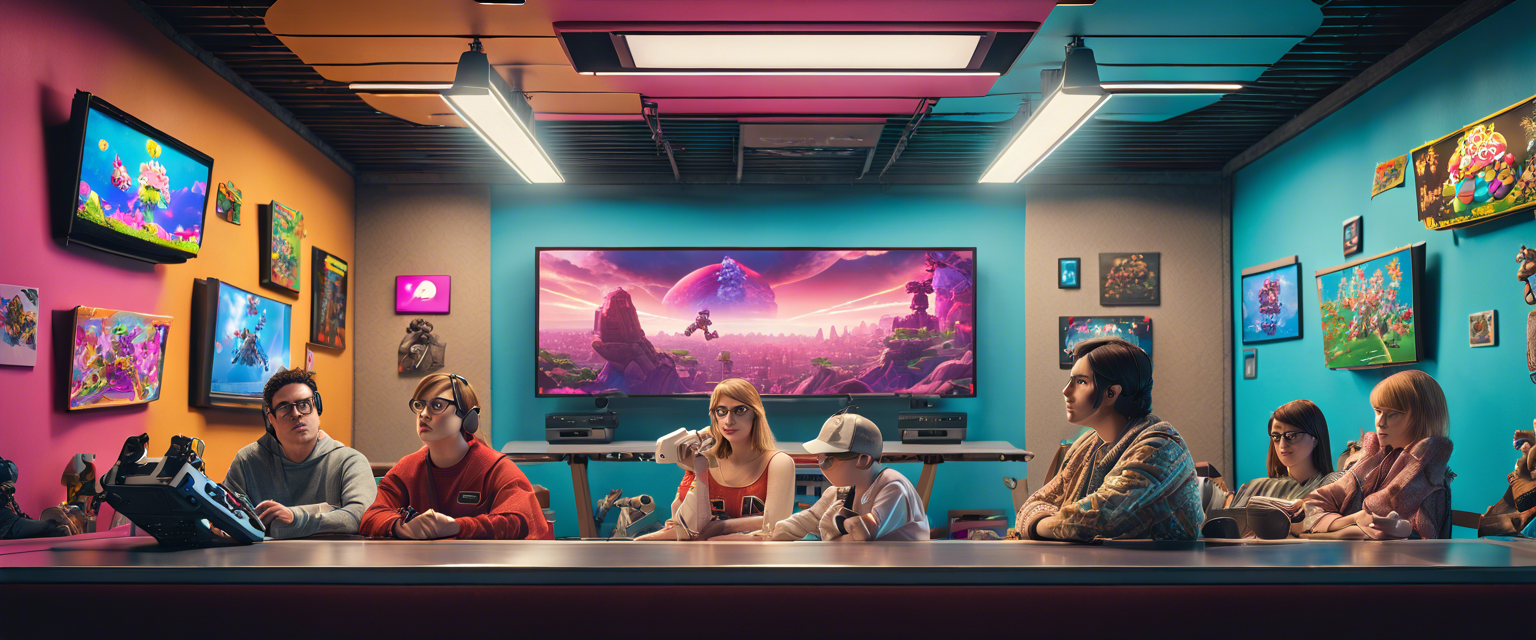The Impact of the AI Act on Technology Companies
The AI Act, which officially came into law on August 1st, represents a significant step towards regulating artificial intelligence in Europe. While the legislation sets a framework for managing AI technologies, it delineates various compliance timelines for different categories of systems. Notably, the provisions for "high risk" AI systems will not be enforced until August 2027, giving companies some breathing room to adapt their technologies to meet the upcoming requirements.
Company Responses to the AI Act
In light of these developments, several major technology firms have publicly committed to adhering to the AI Act's principles ahead of time. Companies such as Google, Microsoft, Adobe, and Samsung are taking proactive steps to ensure their AI systems comply with the forthcoming regulations.
Notable Absences: Meta and Apple
Interestingly, giants like Meta and Apple have not signed onto the early compliance pledge. Both companies have been vocal critics of the EU’s approach to regulating AI, raising concerns about the implications for innovation and privacy.
OpenAI's Commitment
However, in a surprising turn, OpenAI has decided to sign the pledge despite previous reservations. This commitment signals a willingness among AI innovators to participate actively in shaping the regulatory landscape.
Looking Ahead: Industry Adaptation
As the industry moves forward, these early commitments by leading companies could set a precedent for how AI systems will evolve under regulatory scrutiny. The focus remains on ensuring that AI technologies are harnessed responsibly, aligning with ethical standards and societal expectations.
Conclusion
The AI Act marks a pivotal moment for AI regulation, pushing prominent tech companies to reassess their practices and implement necessary changes. As 2027 approaches, the ongoing dialogue between regulators and technology firms will undoubtedly shape the future of AI development in Europe and beyond.



コメントを書く
全てのコメントは、掲載前にモデレートされます
このサイトはhCaptchaによって保護されており、hCaptchaプライバシーポリシーおよび利用規約が適用されます。